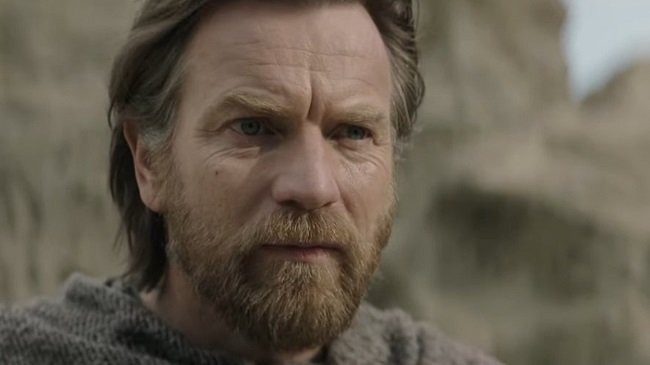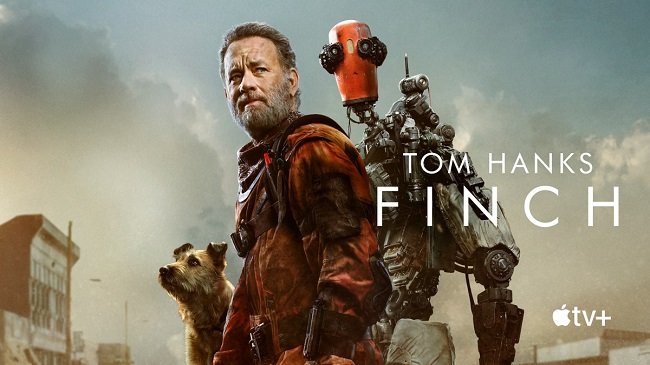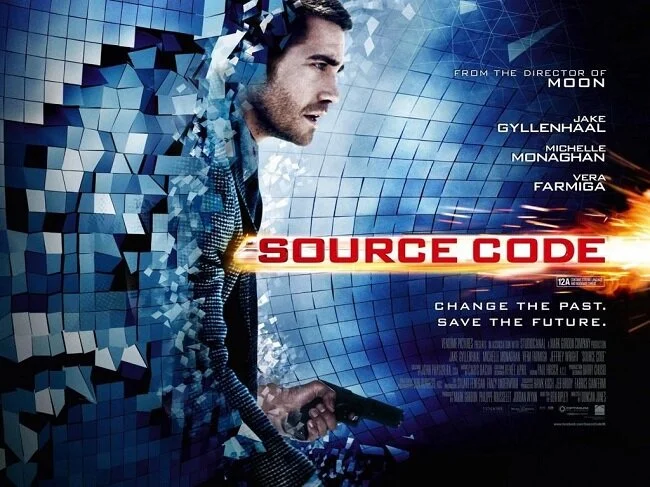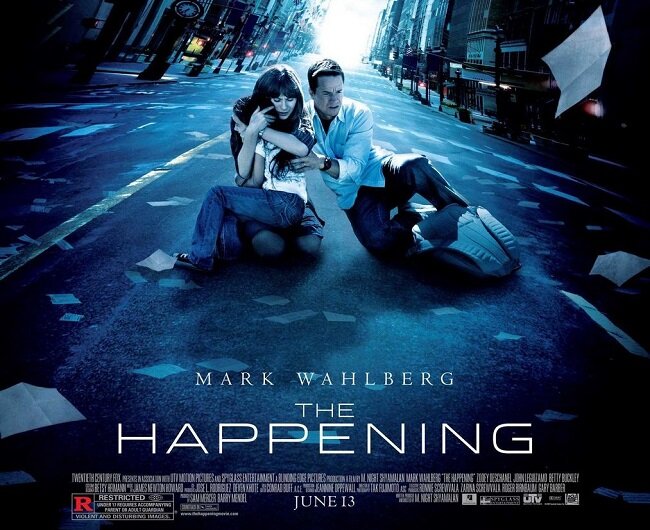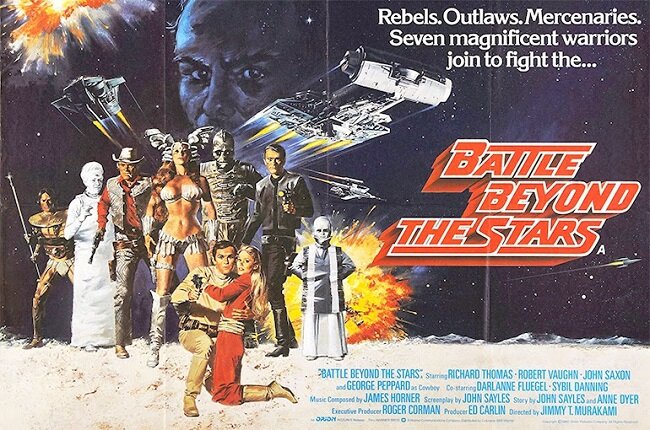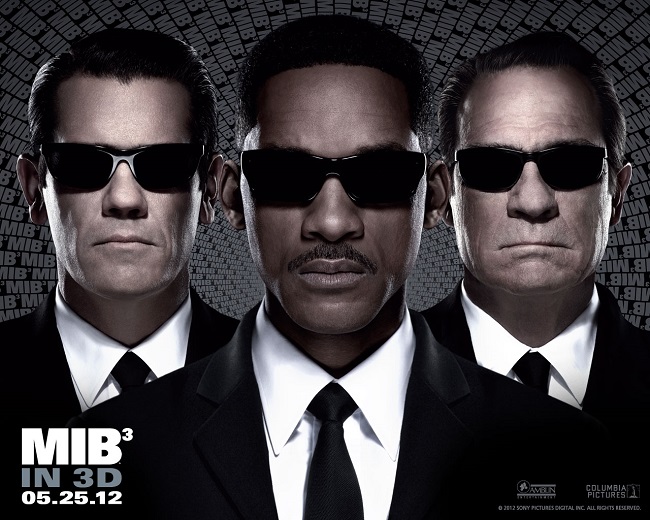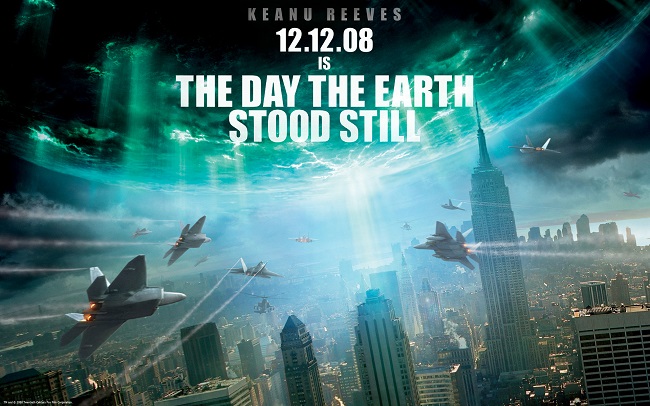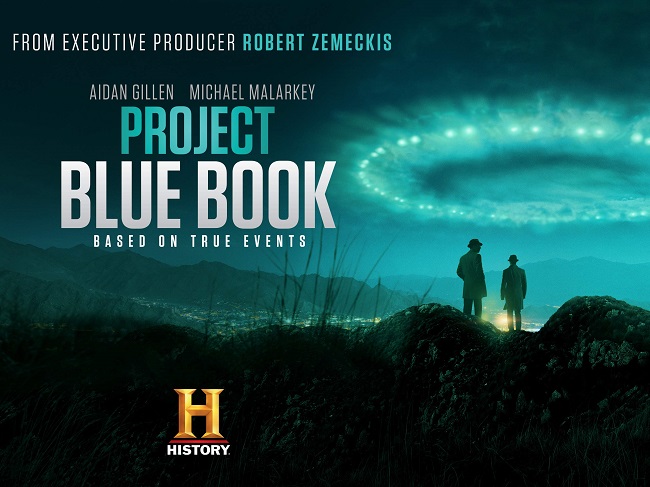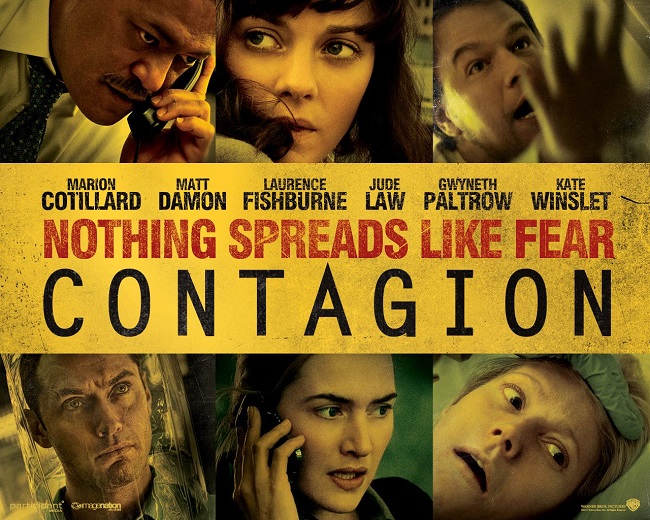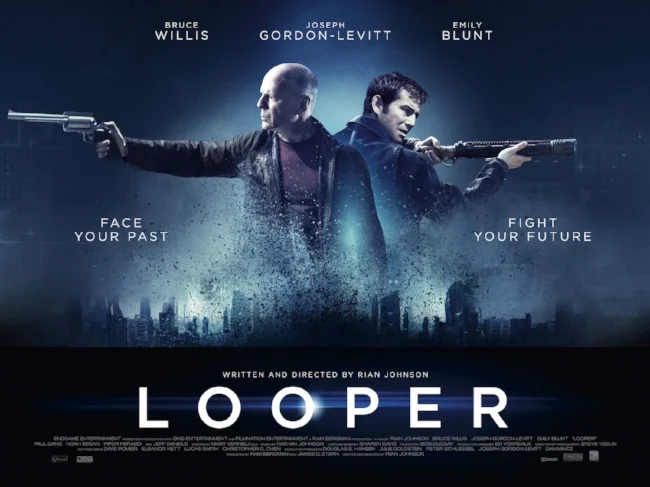Dawn of the Planet of the Apes (2014)
Unlike so many other blockbusters Dawn of the Planet of the Apes is not just peddling a vacuous spectacle lacking any substance. The sequel to the 2011 reboot embraces both political and social concepts and attempts to explore them in a meaningful fashion. It is absorbing and intelligent, making its point without being too heavy handed. The motion captured performances and visual effects are outstanding, yet do not swamp the story or the subtleties of the actor’s performances. It is also surprising to see a mainstream Hollywood movie cultivate such a bleak and melancholic tone.
I was not expecting great things from Dawn of the Planet of the Apes. I was raised on reruns of the original Planet of the Apes franchise and was frankly reticent to invest time in movies that were simply going to revisits old ground. However, Dawn of the Planet of the Apes has a greater depth to its narrative than I anticipated and is surprising critical of many contemporary political issues. The story not only explores the concept of institutionalised racism but wider societal inequality and the abuse of power that so often arises in all forms of politics. The thorny issue of gun control is alluded to, although obliquely.
Plot wise, Dawn of the Planet of the Apes takes a familiar story and simply tells it form a different perspective. Since the outbreak of the ALZ-113 virus, Caesar (Andy Serkis) and his genetically modified apes have been living peacefully in Muir Woods. When a band of wandering human survivors encounters them, both parties are equally surprised. After a violent incident, Caesar orders them to leave. However, the matter causes divisions in both human and ape societies. Koba (Toby Kebbell) wishes the apes to strike against humans while they still have the upper hand and likewise Dreyfus (Gary Oldman) wants the humans to deal with the simian threat, once and for all. However, not all humans takes such a hawkish stance. Malcolm (Jason Clarke) is curious about Caesar and feels an affinity towards him as both are struggling fathers.
Director Matt Reeves and screenwriters Rick Jaffa, Amanda Silver and Mark Bomback embellish the narrative with a great deal of thought and creativity. The apes use of sign language is innovative and appropriate. The sophisticated CGI does not impede the actor’s performance. Many of the apes have clear personalities and are strongly defined. The lack of dialogue in many scenes works very well, allowing cinematic art and the physical skill of the actors to tell the story. It's quite astonishing how far the motion capture technology has advanced when it comes to creating tangible characters that audiences can genuinely empathise with. Dawn of the Planet of the Apes is a superior movie to its predecessor, which although enjoyable, still felt very much like a prologue rather than a story in its own right.
However, Dawn of the Planet of the Apes does have a few inconsistencies. Gary Oldman is once again under used and liberal human leader Malcolm is a little bland. As ever with movies, it is the bad guys who are potentially the most interesting character. Yet I was left somewhat underwhelmed by the chimp Koba. It would have been interesting to see a greater exploration of his back story. I get the impression that the editing process left actor Toby Kebbell's performance somewhat choppy.
Overall, Dawn of the Planet of the Apes is an above average blockbuster movie that requires audiences to think and reflect, rather than just passively view. It moves the long-term story arc of the franchise forward into interesting new territory. It is quite hard hitting within the confines of its broad PG-13 rating and is surprisingly not afraid to pursue a sombre tone. The technical achievements of the production are prodigious and prove that motion capture performances are as relevant and meaningful as any other form of acting.



